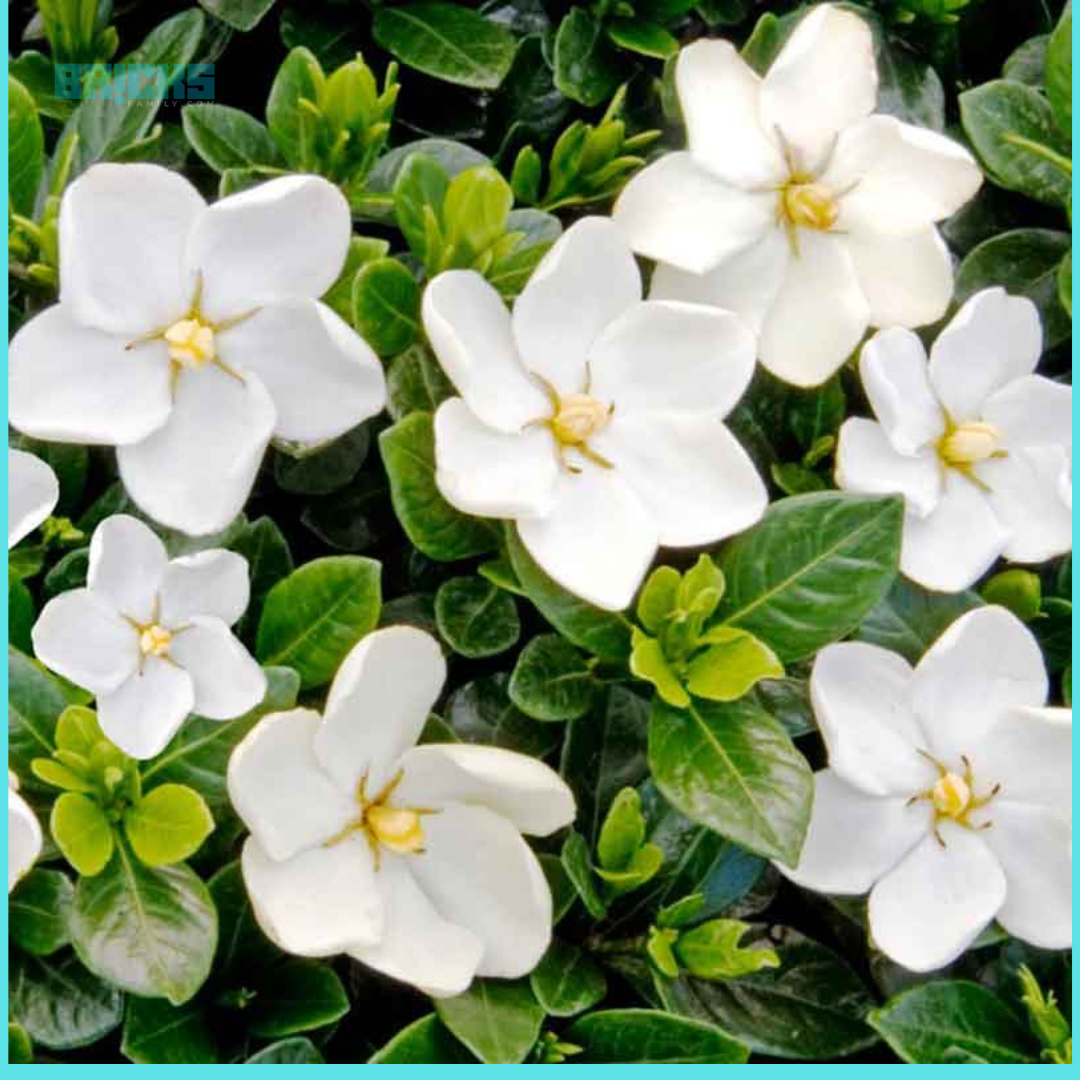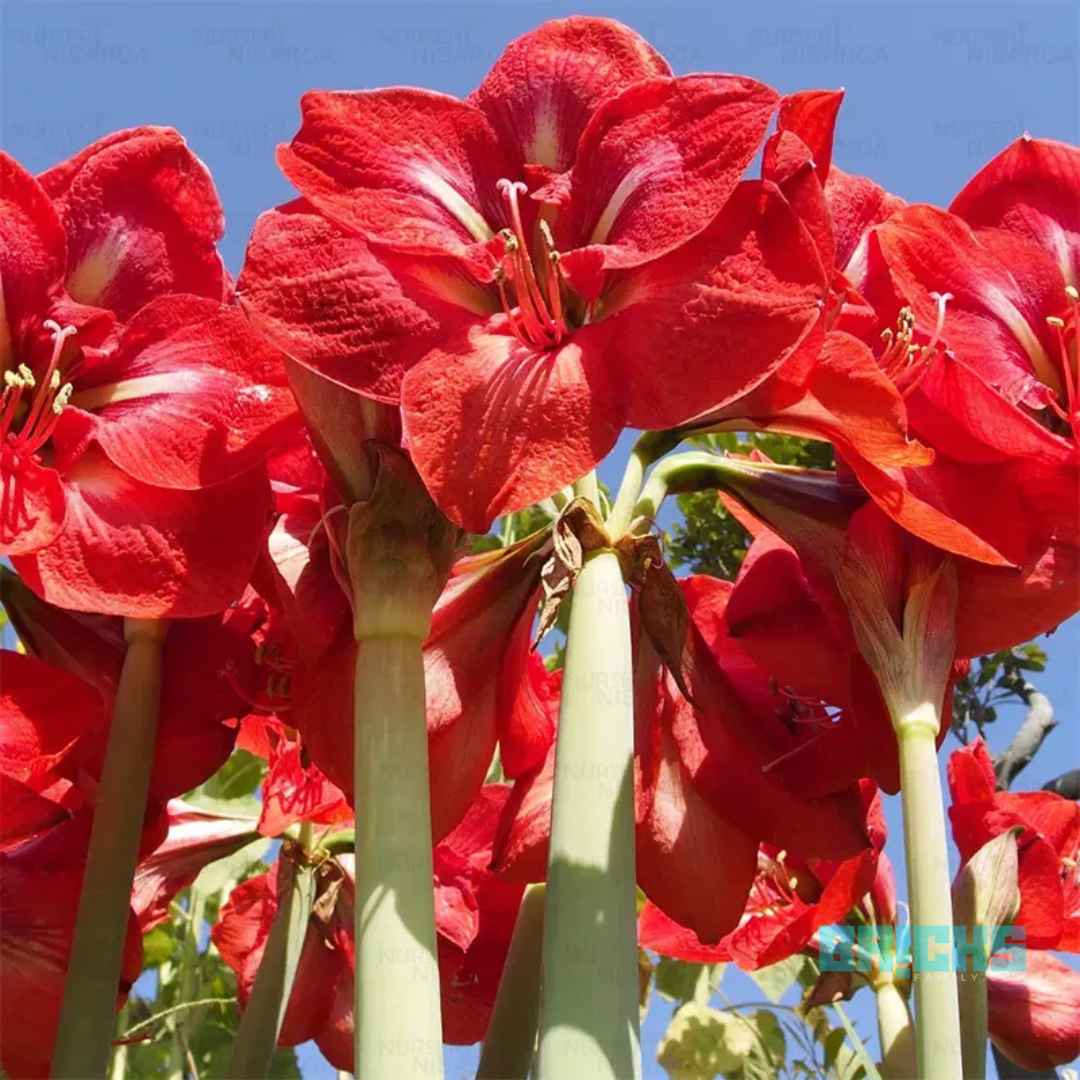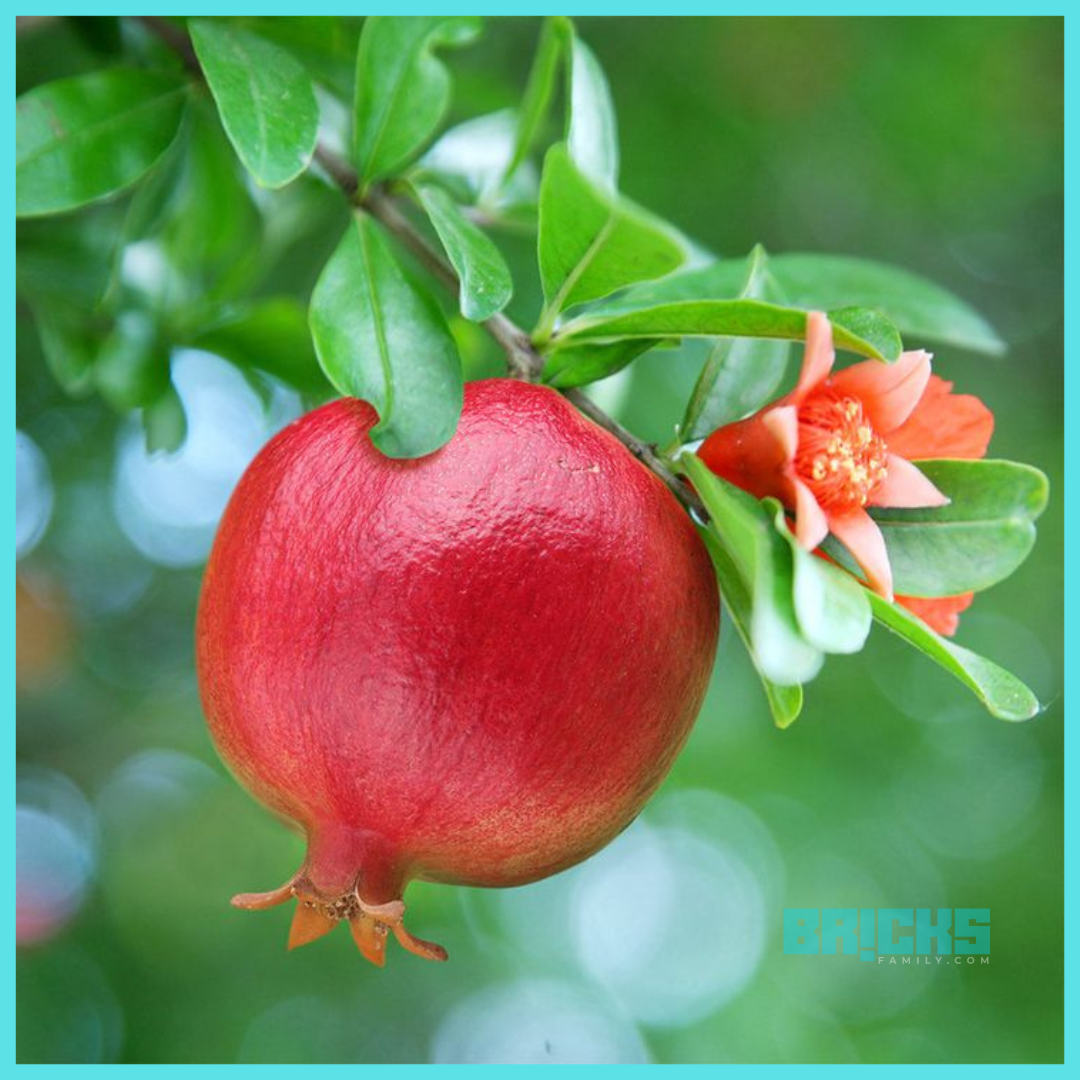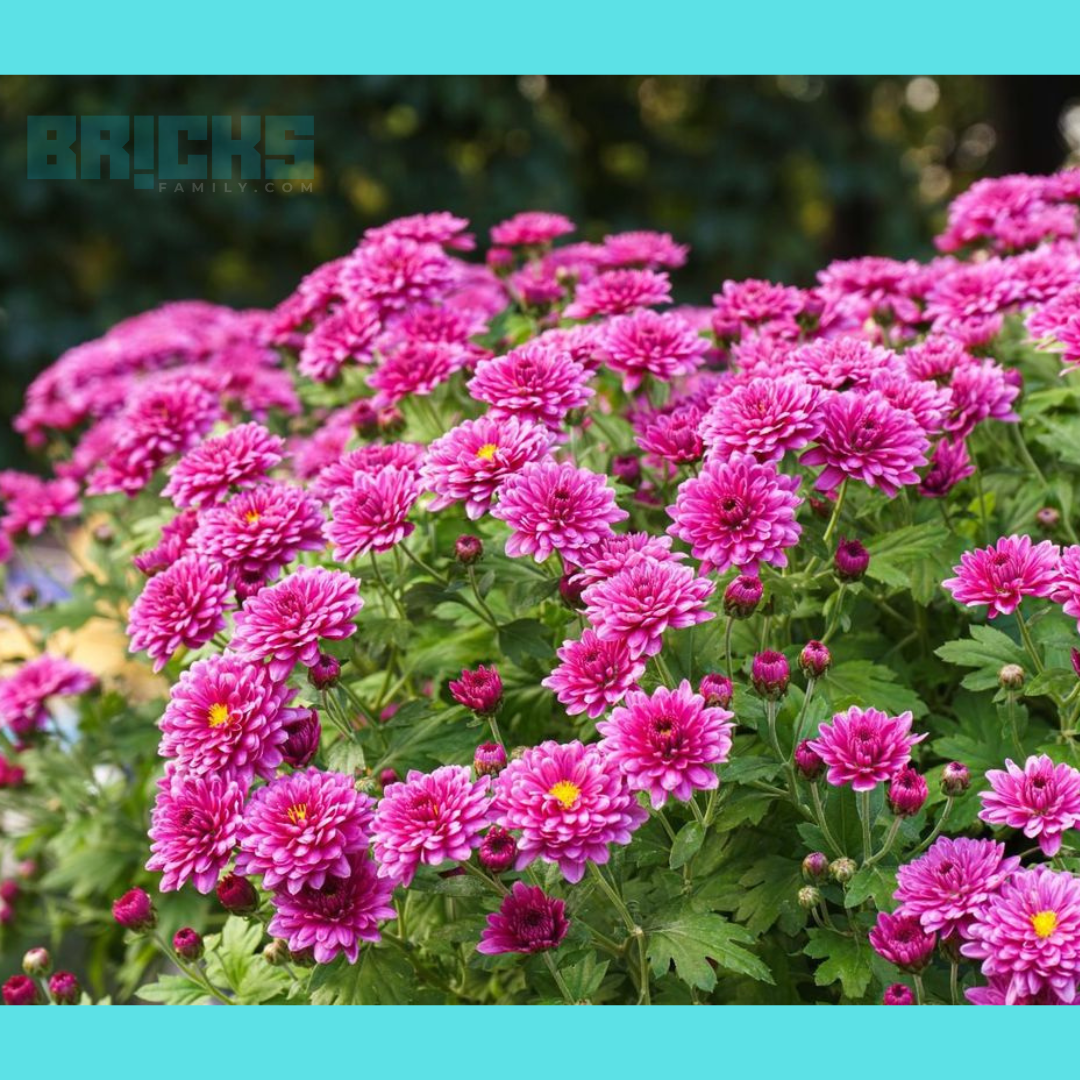In addition to adding greenery to your house, plants with medicinal qualities and remarkable health advantages include tulsi, aloe vera, and giloy. Find out more about these therapeutic plants. This blog is about 10 Indoor Medicinal Plants for Home.
Our grandmothers in India have always flocked to the kitchen or kitchen garden for easy DIY fixes. It’s time for you to discover these medicinal plants as well, so you can create your own at-home remedies. After all, India is home to a wide variety of amazing plants that have therapeutic and health benefits, in addition to adding greenery to your house. Having medicinal plants at home is essential for getting the most out of them.
List of 10 Medicinal Plants for Home
Here is a list of 10 healing plants that offer a number of health benefits. Find your home remedy cure right here.
1. Tulsi: Medicinal Plant for Home
Being a tropical plant, tulsi needs lots of sunlight to flourish. Due to its numerous medical advantages, the Tulsi plant, often called the Holy Basil plant, is widely used in Indian homes. The tulsi plant is revered as a mother plant in many regions of India and is a low-maintenance indoor plant that is easy to grow. Hindu mythology also places significance on tulsi.
Health benefits of tulsi: Certain tulsi plant kinds are used to treat acute or severe respiratory illnesses; they also help with bronchitis, fever, coughing, and colds. It treats cholera, hysteria, headaches, indigestion, earaches, and malaria.

2. Aloe Vera: Medicinal Plant for Home
Aloe vera is a low-maintenance plant that grows up to 4 feet tall. The plant’s gel is used for a variety of ailments, including bruises and wounds, because it is high in antioxidants and inhibits fungus and viruses. For optimal growth, the plant requires direct sunlight and should be kept in wet, well-drained soil.
Health benefits of aloe vera: The aloe vera plant lowers inflammation and heals a variety of illnesses, including burns, wounds, and cuts. Regular consumption of aloe vera juice also aids in the treatment of ulcerative colitis, persistent constipation, digestive issues, and decreased appetite.

3. Gotu Kola: Medicinal Plant for Home
The scientific name for the plant known as gotu kola is Centella Asiatica, and it is native to India. It’s an herb that resembles parsley. The herb has been a part of Ayurvedic treatment for many years. It’s claimed to increase blood flow.
Health benefits of Gotu Kola: Gotu Kola is thought to aid in the healing of ulcers and wounds to the skin, the reduction of capillary fragility, and the stimulation of lipids and proteins. It keeps one looking young. Apply dried gotu kola leaves to open wounds. The plant is also used to treat venous insufficiency and leprosy, activate the neurological system, and lengthen attention spans.

4. Ashwagandha: Medicinal Plant for Home
Withania somnifera, as it is scientifically named, is a plant that grows in Asian and African nations. The plant is highly beneficial and easy to grow in a home garden. Because it boosts immunity, ashwagandha is also referred to as a natural healer.
Health benefits of Ashwagandha: The Ashwagandha plant reduces blood pressure and aids in brain calmness. It strengthens the immune system and aids in reducing edema. Additionally helpful in treating aging, anxiety, and insomnia is ashwagandha.

5. Calendula: Healing Plant for Home
Calendula plants are native to Eastern Europe and Asia and are members of the daisy family. Due to the plant’s anti-inflammatory and antibacterial qualities, it is utilized in Ayurvedic and Unani treatments. Calendula is used to treat a variety of illnesses. The plant is easily grown in moist soil at home; it does not suffer from very alkaline, very acidic, or nutritionally deficient soils.
Health benefits of calendula: calendula is used to treat varicose veins, bites, stings, sprains, wounds, and sore eyes. Additionally, fevers and persistent illnesses are treated with the plant. It can also be applied to warts and corn.

6. Thyme: Medicinal Plant for Home
Thyme is a low-growing shrub that is easy to grow in a kitchen or house garden. This shrub plant is a member of the mint family, which is well-known for its flavour and scent. Although thyme is grown every year in warm climates, it can survive as an evergreen perennial. As an antioxidant, the herb aids in the treatment of fungus and bacterial infections.
Health benefits of thyme: Thyme helps with a variety of conditions, including acne, mucus regulation, mood enhancement, dementia, coughing, stomach problems, and patchy hair loss.

7. Rosemary: Healing Plant for Home
The Mediterranean region is home to Salvia rosmarinus, a perennial woody herb that is widely known as rosemary. Antioxidants and anti-inflammatory chemicals found in abundance in this shrub are used to treat a variety of illnesses. It is also a low-maintenance plant that needs little to no care.
Health benefits of rosemary: Rosemary has several health benefits, including better digestion, increased memory and focus, protection against brain aging and damage, anti-inflammatory and anti-tumor properties, and protection against macular degeneration.

8. Lavender: A Medicinal Plant that Helps Treat Sleep Apnea
The Mediterranean region is home to the herb lavender. On the other hand, it can be planted in India under specific circumstances.
Make sure the plant receives lots of sunlight because it likes a hot, dry environment. Although a lavender plant doesn’t require a lot of water, the soil needs to be kept moist and at a pH of 6 to 8. In addition, the plant needs to be trimmed frequently.
Health benefits of lavender: leaves or oil from the lavender plant can aid with blood pressure reduction, pain relief, sleep enhancement, blemish treatment on the skin, menopausal hot flash reduction, fungal growth inhibition, and hair growth promotion.

9. German Chamomile: A Medicinal Plant Available in India
There are numerous names for Matricaria chamomilla, including fragrant mayweed, wild chamomile, blue chamomile, German chamomile, and Hungarian chamomile. Although the plant is native to eastern and northern Europe, it may be easily established in India because of the country’s climate. German chamomile has been shown in several studies to strengthen the immune system and aid in the treatment of cold-related diseases.
Health benefits of German Chamomile: German chamomile is used to cure and enhance the sleep cycle, lessen inflammation, hasten the healing of wounds, and ease spasms in the muscles. Moreover, it destroys viruses, fungi, and bacteria.

10. Fenugreek, Methi: A Common Medicinal Plant Found in India
Planting the fenugreek plant in the winter months is a yearly practice. North Africa, the Mediterranean region, and India are the places where the plant is grown. It is among the most prevalent plants in Indian homes.
Health benefits of Fenugreek and Methi: Eating the leaves or seeds of fenugreek aids in weight loss, lowers blood cholesterol, prevents liver cancer, treats stomach and intestinal ulcers, eases painful menstruation, and revitalizes dull taste buds.

Summing Up: Medicinal Plants for Home
An increasing number of people are turning to herbal remedies made from medicinal plants these days. It is simple to grow the plants on the above list indoors. But it’s important to make sure healing plants receive the right attention. Additionally, these herbs aid in the treatment of conditions like blood cholesterol levels, insomnia, wound healing speed, and more.
Also Read: Mumbai Trans Harbour Link| Atal Setu- Route Map, Toll Charges and More
Similar Topics: Wood Polishing Work in Your Home: A Guide















